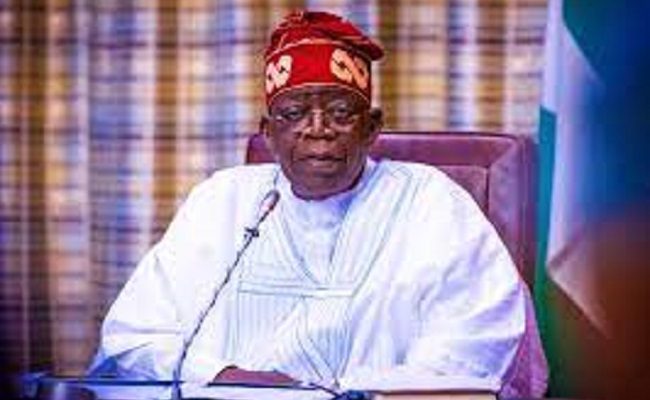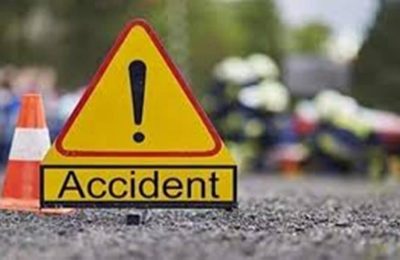The Senate on Tuesday asked President Bola Tinubu to declare a state of emergency on drug abuse in Nigeria.
It also mandated its committee on drugs and narcotics, to liaise with relevant agencies of government such as the National Drug Law Enforcement Agency ( NDLEA) and National Agency for Food Drugs Administration and Control (NAFDAC), to convene a national summit on the menace of drug abuse.

The Senate noted that it took the resolutions in order to come up with policies and legislations that can help in curbing the menace.
The resolutions were sequel to a motion, ‘Urgent Need to address the menace of drug abuse in Nigeria’, sponsored by Senator representing Jigawa West, Hussaini Babangida-Uba.
Senator Hussaini while presenting the motion had highlighted a startling report by the United Nations office on drugs and crimes which indicated that Nigeria has about 14.3 million persons between the ages of 15 and 64 that are involved in drug abuse.
“Nigeria is presently facing a rise in drug abuse which has reached an unprecedented level transforming from a mere transit route in the 1990s, into a country filled with drug abusers and drug traffickers all over its land space.
“The report added that 10.6 million addicts were cannabis users, 4.6 addicts used pharmaceutical opioids and 238,000 drug abusers used amphetamines.
“It further revealed that the prevalence of drug use per geo-political zone as far back as 2017 shows that the North West accounted for 12% (3,000,000), North East 13.6% (2,090,000), North Central 10.0% (1,500,000), South West 22.4% (4,382,000), South-South 16.6% (2,124,000) and the South East zone 13 8% (1,550,000),” he said.
He recalled that studies have attributed a significant number of deaths from accidents and violent crimes to the activities of persons under the influence of drugs, especially the discovery of more dangerous substances called ‘Kurkura’ in the North and ‘Umkpromiri’ in the South.
The Senator maintained that drug abuse has become a public health challenge that “seems to be on the increase despite interventions by the international, regional, federal and state bodies through laws, policies and technical support.”
He expressed strong reservations about the activities of the National Drug Law Enforcement Agency (NDLEA) and other relevant institutions and advocated a special drug education as a compulsory subject in the country’s basic education.
He warned that “the consequences of drug abuse will continue to endanger our national development, public safety and family system if urgent action is not taken to strengthen the existing legal, policy and institutional frameworks to face the challenges with all sense of responsibility.”
READ ALSO FROM NIGERIAN TRIBUNE







